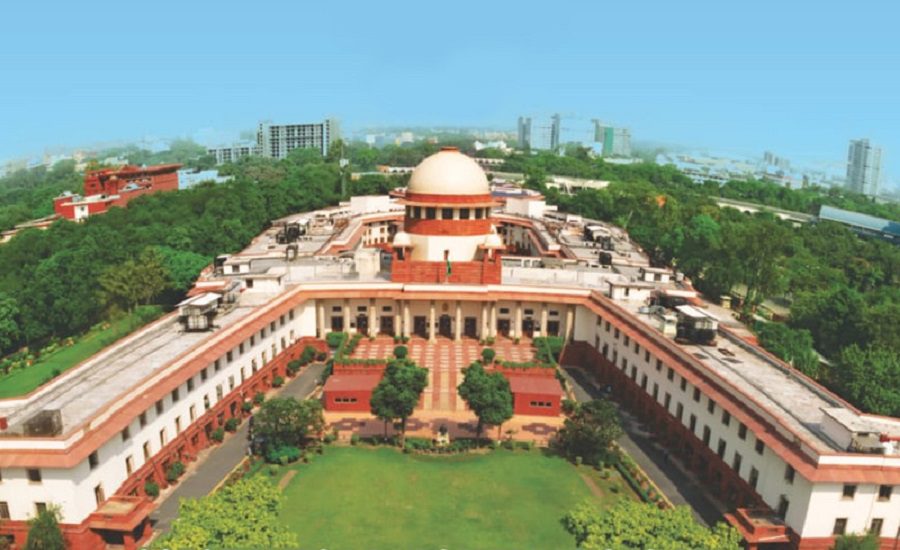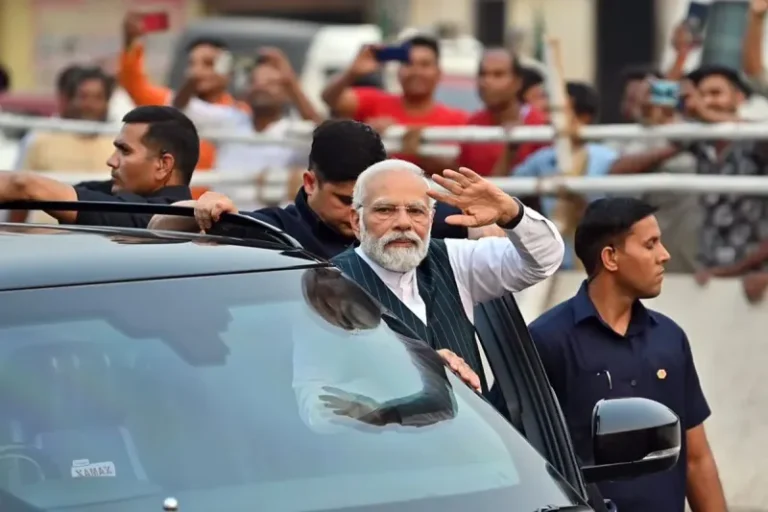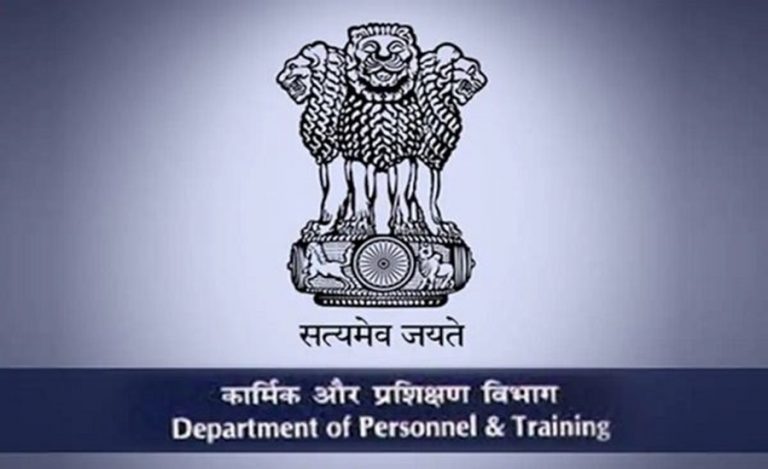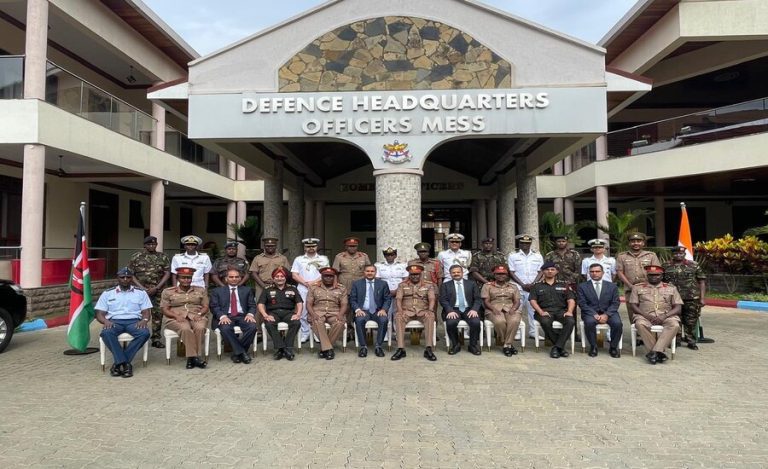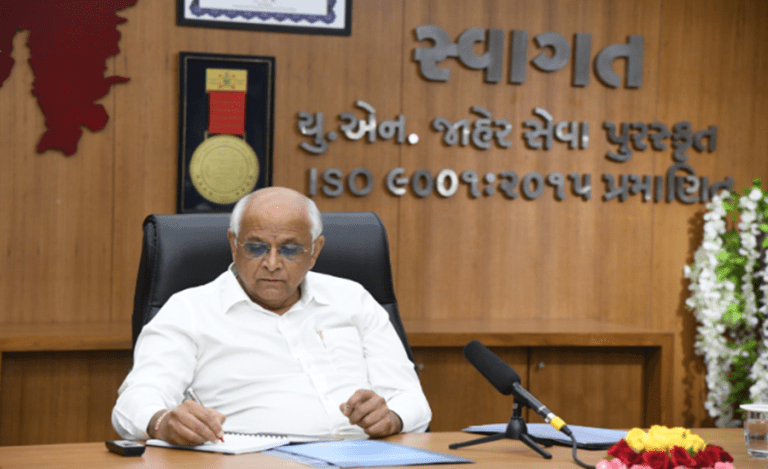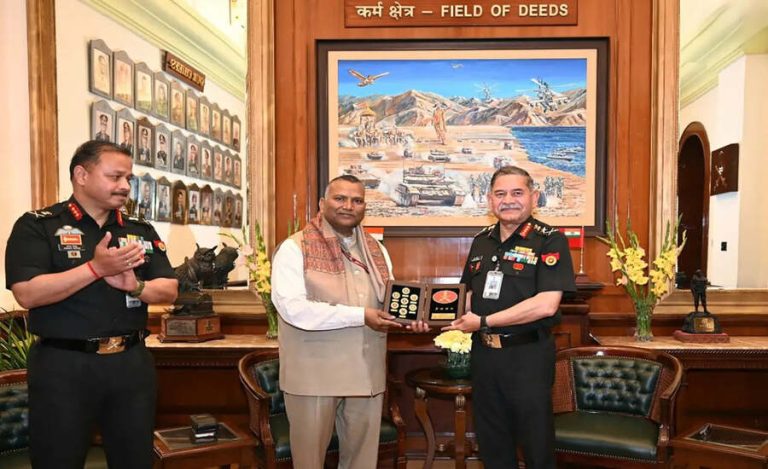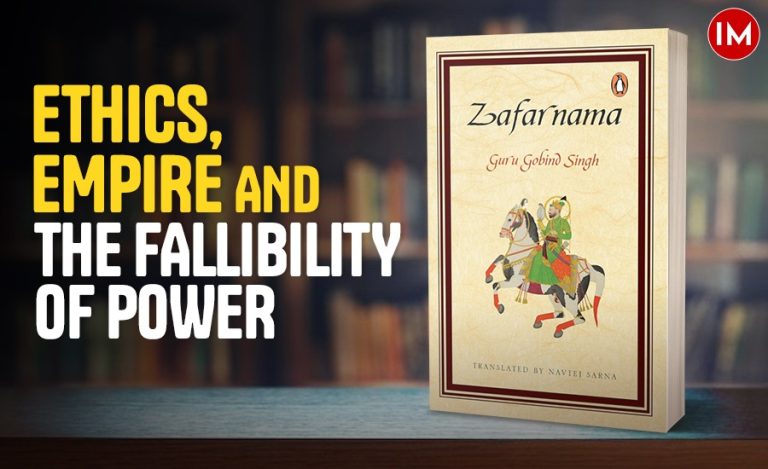New Delhi: In its hearing on 27 October 2025, the bench comprising Justice Vikram Nath and Justice Sandeep Mehta told all states and Union Territories (UTs) to file their compliance affidavits within 8 weeks, and directed the Centre to file its own as well.
The next hearing is scheduled for January 2026, when the SC will review progress and potentially chart the path for a nationwide law on student mental health and suicide prevention.
Background of the Supreme court judgement on Student Mental Health Guidelines
On 25 July 2025, the Supreme Court of India (SC) issued a landmark judgment in the case Sukdeb Saha v. State of Andhra Pradesh, providing 15 binding guidelines for educational institutions, coaching centres and state/union-territory governments to prevent student suicides and support mental health.
Among the key directives: all educational institutions must adopt a uniform mental-health policy (drawing on the Ministry of Education’s “Ummeed” draft guidelines and the “Manodarpan” initiative), private coaching centres must register and provide grievance-redressal and counselling mechanisms, and states must fill the legislative/regulatory vacuum until a formal law is enacted.
Importance of This Decision
Student suicides in India have surged in recent years. According to data cited by the SC, the country recorded approximately 13,044 student suicides in 2022 alone, signalling a deepening crisis.
The intense academic and competitive pressure in schools, colleges and especially private coaching centres (notably in hubs like Kota or Vishakhapatnam) has been flagged repeatedly as a key causal factor.
While initiatives like Ummeed and Manodarpan exist, their on-ground implementation has been inconsistent. The SC’s directive puts legal weight behind institutional accountability.
The directive extends beyond schools to coaching institutes, making clear that mental-health protection is not optional but mandatory under judicial binding until proper legislation is in place.
Key Provisions of the SC Direction on Student Mental Health Guidelines
Eight-week deadline: States, UTs and the Centre must submit detailed compliance affidavits within this period.
Uniform mental-health policy: All educational institutions must adopt a policy (inspired by Ummeed & Manodarpan) and make it publicly accessible on their website and notice board.
Coaching centres regulated: Private coaching centres now have to register, follow student-protection norms, grievance mechanisms and counselling services – bridging the oversight gap in this high-stress sector.
Binding until legislation: The 15 guidelines issued by the Court will remain in force until the legislature enacts a dedicated law or regulatory framework.
Read Also: The Collector Who Sent Her Twins to an Anganwadi, Sparked a Quiet Revolution
Institution accountability: Focus shifts to implementation, not just policy. The Court emphasised reviewing actual on-ground steps, not just plans.
Who is Justice Vikram Nath
Born: 24 September 1962 in Kaushambi district, Uttar Pradesh.
Education & early career: Graduated in Science (1983) and law (1986) from the University of Lucknow. Enrolled as an advocate on 30 March 1987.
Judicial trajectory:
- Additional Judge of the Allahabad High Court on 24 September 2004 and permanent judge from 27 February 2006.
- Chief Justice of the Gujarat High Court from 10 September 2019.
- Elevated to the Supreme Court of India on 31 August 2021.
Notable fact: He was the first High Court Chief Justice in India to livestream court proceedings on YouTube during the COVID-19 pandemic.
Contribution to the student mental-health directive: He forms part of the bench steering the compliance effort, signalling a strong judicial commitment.
Who is Justice Sandeep Mehta
Born: 11 January 1963.
Education & early career: Holds a BSc and LLB. Enrolled as an advocate on 8 August 1986, practiced mainly in criminal and constitutional matters.
Judicial trajectory:
- Additional Judge of the Rajasthan High Court from 30 May 2011; Permanent Judge from 6 February 2013.
- Chief Justice of the Gauhati High Court from 15 February 2023.
- Elevated to the Supreme Court of India on 9 November 2023.
Relevance: As co-bench judge in this matter, his participation underscores the judiciary’s seriousness in addressing student mental-health reform.
What Should Educational Institutions & States Do Now?
1. Audit current policies: States and UTs must evaluate existing mental-health frameworks in schools, colleges and coaching institutes.
2. Adopt the uniform policy: Institutions must publish a mental-health policy (based on Ummeed/Manodarpan) on their websites/notice boards and review it annually.
3. Ensure counselling & support: Hire trained counsellors, social workers or psychologists especially where student strength is 100 or more.
4. Coaching centre registration & norms: States must notify rules making registration of private coaching centres mandatory, set grievance redressal mechanisms, ensure break periods and reduce student load.
5. Data & reporting: Prepare statutory compliance affidavits for the SC, documenting steps taken, challenges faced and measurable outcomes.
6. Monitor & review: Institutions must track mental-health outcomes, student feedback, help-seeking behaviour and make improvements as per the SC’s direction.
7. Raise awareness & training: Teachers, administrators and parents must be sensitised about early warning signs of mental distress among students.

